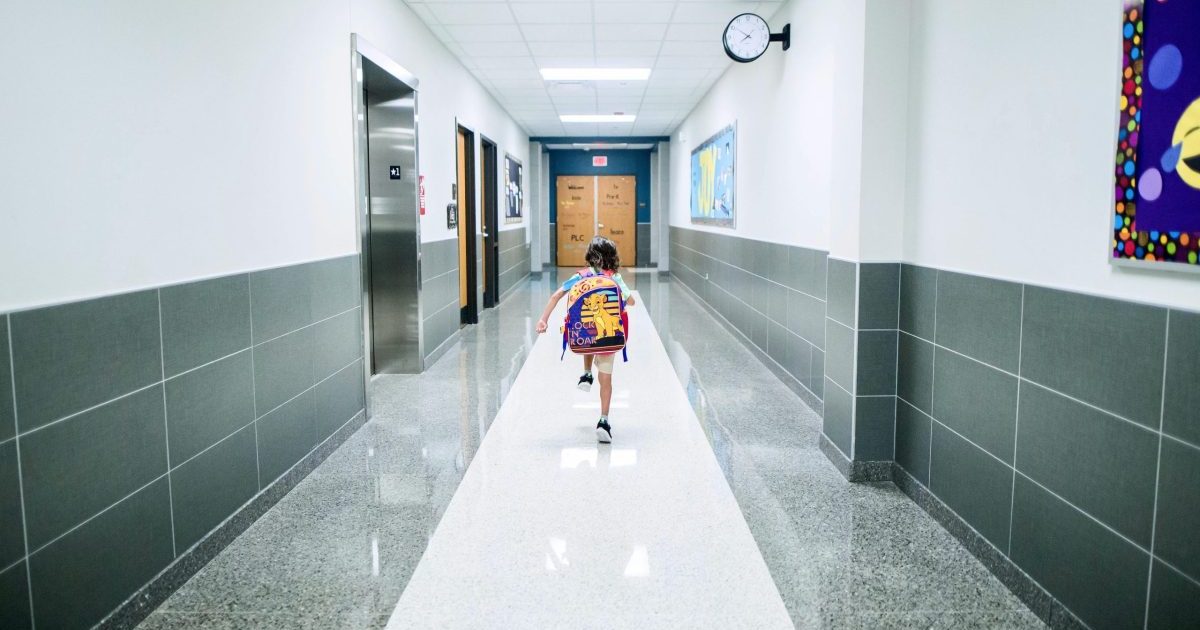
Preparing Your Child for a New School.

Transitioning to a new school can be a significant life event for children and their families. The process of preparing a child for this change encompasses numerous factors, including emotional readiness, academic support, and social integration.
Emotional readiness is a critical component of preparing a child for a new school environment. When children enter a new school, they often face feelings of anxiety and uncertainty. The emotional adjustment to a new environment involves understanding a child’s feelings and offering them support. Many children will benefit from discussions about their fears and expectations regarding the new school. Creating a safe space for children to express their emotions allows parents to acknowledge and validate these feelings.
To ease the transition, parents could visit the new school with their child prior to the first day. This could involve a tour of the campus, meeting teachers, and exploring classrooms. Such a visit can not only reduce anxiety but also provide children with a sense of control over their new environment.
Academic readiness is another vital area that parents must address. Different institutions will vary in their expectations, curricula, and teaching methods. It is imperative for parents to understand what is expected at the new school and evaluate whether their child is prepared for these requirements. This may involve reviewing academic materials, engaging in tutoring, or exploring enrichment activities that align with the new school's curriculum.
One of the biggest fears a child will have in a new school environment is the challenge of forming new friendships. Parents should encourage their children to participate in extracurricular activities. Whether it’s sports, arts, or clubs, these settings provide opportunities for children to meet peers with similar interests, easing the transition.
Preparing a child for a new school is a delicate process that involves emotional readiness, academic preparedness, parental involvement, and social engagement. By understanding and addressing these key areas, parents can help their children navigate the complexities of transitioning to a new educational environment. Effective preparation not only alleviates anxiety but also empowers children to thrive in their new school setting, paving the way for a more successful education.